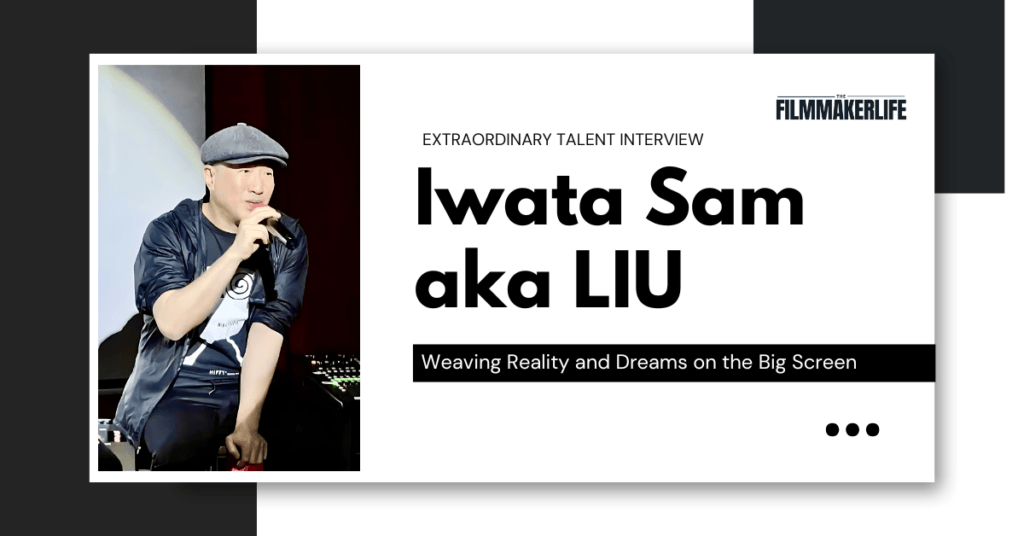
A visionary filmmaker and master storyteller, Iwata Sam—widely known as LIU—has carved a distinctive path in the world of cinema and commercial filmmaking. With over two decades of experience in the Asian markets, he has collaborated with global icons such as Nicole Kidman, Karlie Kloss, and Manny Pacquiao, seamlessly blending artistic expression with commercial impact.
As the former head of M&C Saatchi’s TV division and now the creative force behind 38pro Film Ltd., LIU has built a body of work that defies convention, blurring the lines between reality and imagination. His dedication to pushing storytelling boundaries is evident in his award-winning films, including Metempsychosis and Breaking Free, as well as his upcoming supernatural biopic The Day the Music Died.
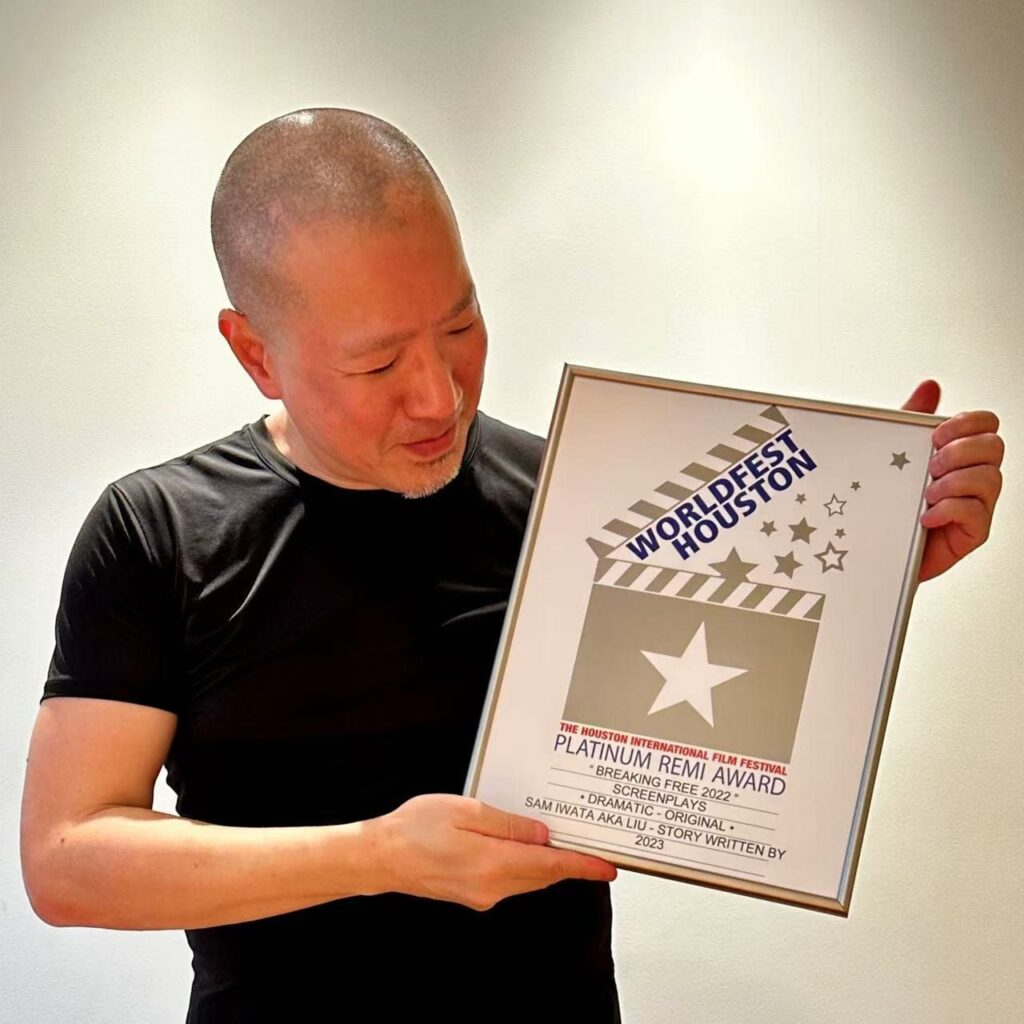
Your work has been described as transcending the ordinary. What draws you to stories that blur the lines between reality and imagination?
My work often strives to challenge the boundaries of conventional storytelling and traditional filmmaking. I am deeply drawn to stories that blur the lines between reality and imagination because they allow me to explore the complexities of the human experience in a unique and thought-provoking manner. By merging the real and the surreal, I can delve into themes such as identity, memory, and perception in ways that captivate and engage audiences on multiple levels. This interplay between reality and imagination sparks curiosity and invites viewers to question their own understanding of the world around them.
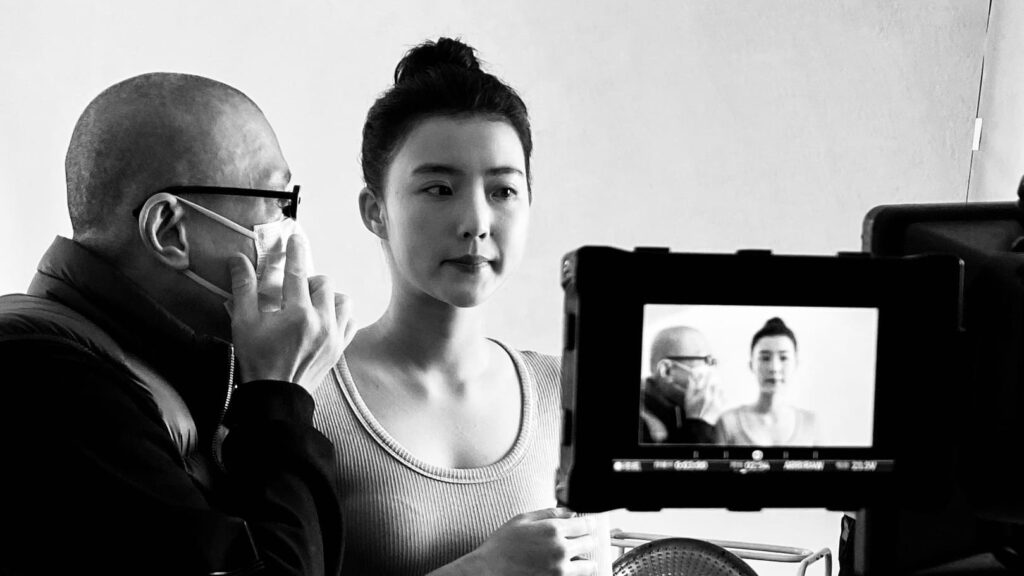
Having worked across both commercial and narrative filmmaking, how do you balance artistic integrity with the demands of branding and advertising?
Balancing artistic integrity with the demands of branding and advertising is a nuanced task that requires a clear vision and strong sense of values. In my experience, the key lies in finding a harmonious alignment between the creative narrative and the brand’s message.
Firstly, I ensure that the core essence of the story is never compromised. Whether it’s a commercial project or a narrative film, the story’s authenticity and emotional impact remain paramount. This involves collaborating closely with clients to understand their brand values and objectives, and then seamlessly integrating these elements into the creative process.
It is true that TV commercials are different from filmmaking. TV commercials often have more constraints as we are serving the brand, and they are more focused on the product or service being advertised. This means I have to pay extra attention to these elements to ensure the brand’s message is conveyed effectively. However, these constraints can also be viewed as creative challenges that push me to innovate within set boundaries. By treating each project as an opportunity to innovate and push creative boundaries, I can deliver work that resonates both artistically and commercially. It’s about creating content that engages audiences on a deeper level, leaving a lasting impression that reflects positively on the brand.
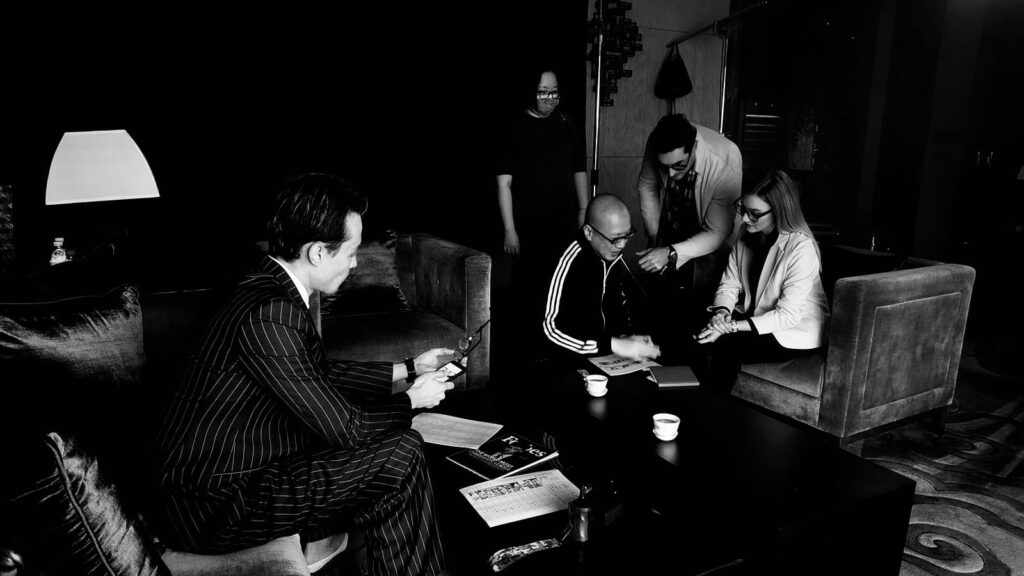
Lastly, open communication and mutual respect with all stakeholders are crucial. By fostering a collaborative environment where creative ideas are valued and supported, I can ensure that both artistic integrity and branding goals are met effectively.
Your journey from M&C Saatchi’s TV division to founding 38pro Film Ltd. is remarkable. What motivated you to take that leap, and how has your vision evolved since then?
> My journey from heading the TV division at M&C Saatchi Shanghai to founding 38pro Film Ltd. was fueled by a deep passion for storytelling and a desire to explore new creative horizons. At M&C Saatchi, I developed a strong foundation in creating impactful TV campaigns, but I wanted to push the boundaries of storytelling in both commercials and films.
The motivation to take the leap and establish 38pro Film Ltd. came from my belief that even a product deserves a story of its own. I wanted to establish my narrative style and bring a unique perspective to every project. Since then, my vision has evolved to encompass a commitment to quality, authenticity, and continuous improvement.
Whether I’m working on a TV commercial campaign or a film, my goal remains to create content that resonates deeply with viewers and attracts new clients and investors. My passion for storytelling drives me to craft films that leave a lasting impression, and I constantly seek to innovate and push creative boundaries within the budget.
When I’m not behind the camera, you’ll find me brainstorming new ideas and writing screenplays.
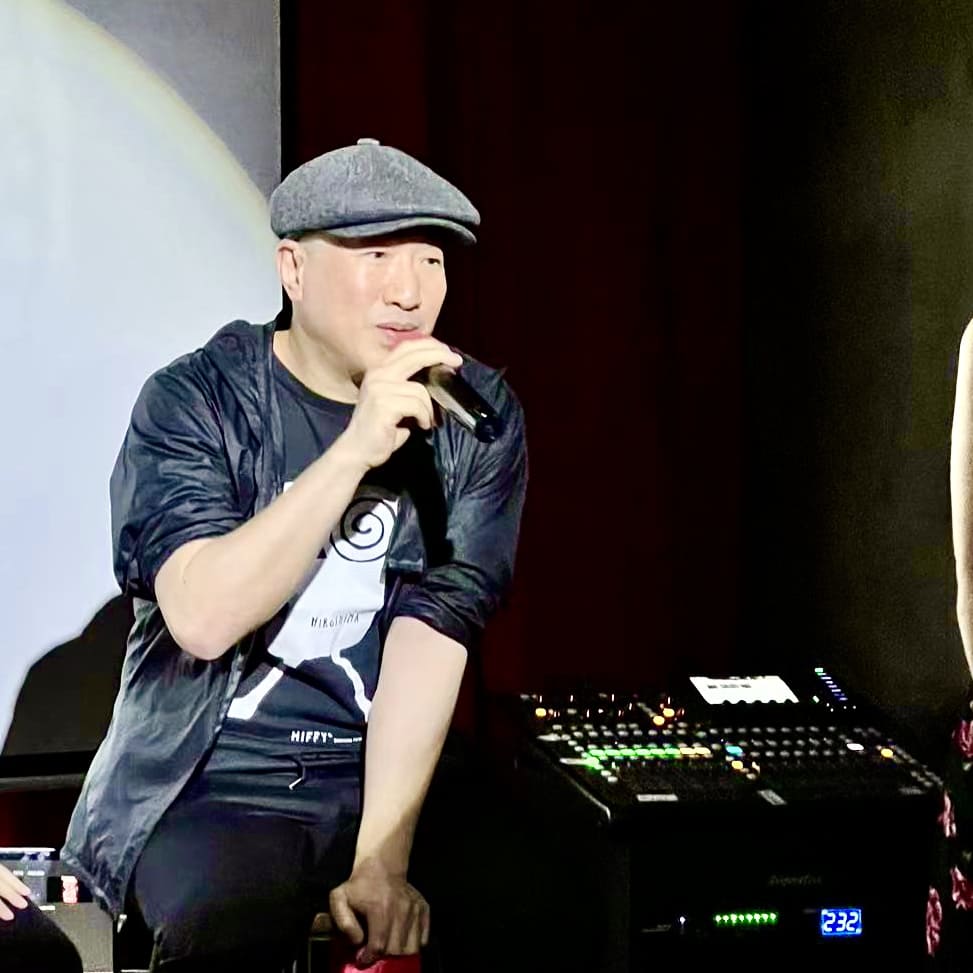
Over the years, you’ve collaborated with global icons like Nicole Kidman, Karlie Kloss, and Manny Pacquiao. Can you share a defining moment from working with such high-profile figures?
Over the years, working with global icons like Nicole Kidman, Karlie Kloss, Manny Pacquiao and more has been a profound experience. A defining aspect I’ve consistently found among such high-profile figures is their exceptional communication skills and unwavering preparedness.
These talented individuals come to set thoroughly prepared, having immersed themselves in the script and character nuances. Their dedication to their craft is evident from the moment they arrive, and they engage in meaningful discussions, offering insightful feedback that enhances the project.
One moment that stands out involved a scene requiring a delicate balance of emotion and subtlety. Their ability to convey depth with just a glance was remarkable, elevating the entire project and making it unforgettable. This reinforced the importance of preparation, communication, and professionalism—qualities I strive to embody in all my projects.
Working with high-profile figures has taught me that their success is not just a result of their talent, but also their dedication, preparation, and effective communication. These experiences have significantly influenced my approach to directing, and I am grateful for the opportunity to collaborate with such esteemed professionals.
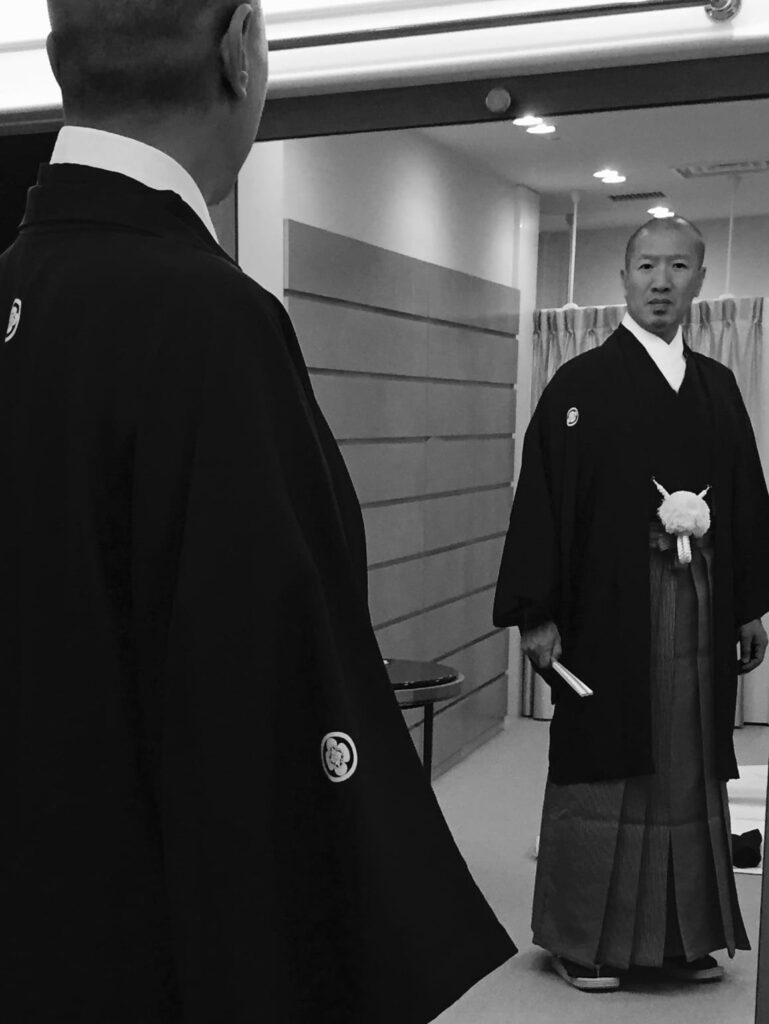
Asian cinema is undergoing a renaissance on the global stage. How do you see your role in shaping contemporary storytelling from this region?
Asian cinema is indeed experiencing a renaissance on the global stage, and it’s an exciting time to be part of this dynamic industry.
I believe in the power of storytelling to bridge cultural gaps and foster understanding. Through my work, I hope to showcase the depth and complexity of not just Asian cultures, but a mix of cultures, challenge stereotypes, and broaden perceptions. In fact, my screenplay ‘Breaking Free – To live a faithful life, a young Blasian (Black and Asian ancestry) man must have the courage to set his other half FREE even by BREAKING his family tradition and beliefs. – WGA 2213896’ won multiple awards, including at the 56th Annual Worldfest-Houston International Film Festival in 2023.
As for my role in this renaissance, I strive to do my best in every project. I believe that with hard work and dedication, the impact of our collective efforts will shape the future of Asian cinema. With faith and perseverance, I trust that the rest will fall into place.
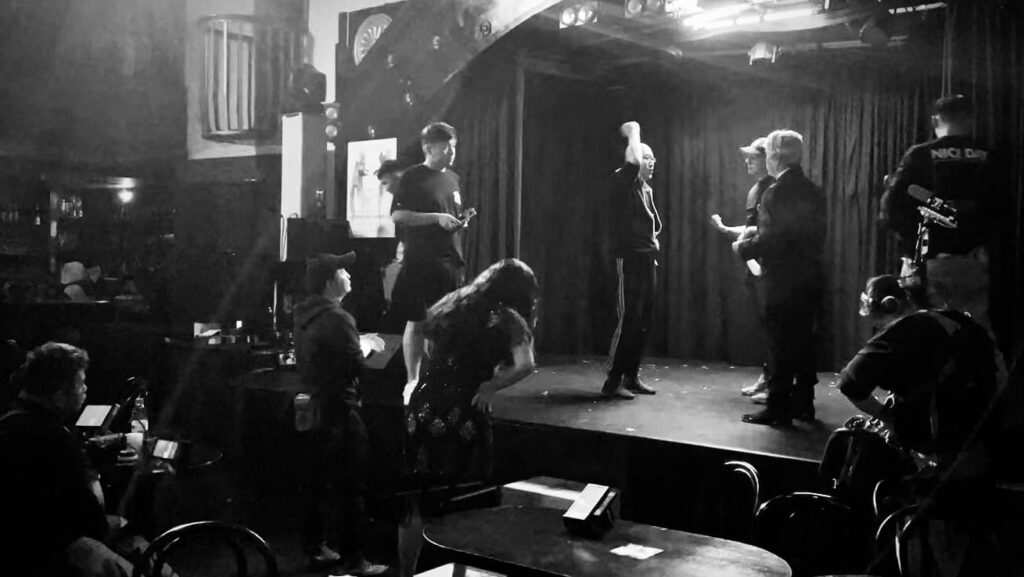
Your films and commercials have captivated audiences worldwide. What’s one project that holds deep personal meaning for you, and why?
One project that holds deep personal meaning for me is my short film, Metempsychosis, which I shot just before COVID hit. It was a super low-budget production with only one and a half days to shoot, using mostly amateur actors. Despite the challenges, the film won a few awards, but I wasn’t entirely satisfied with my directing and felt there was room for improvement.
The biggest creative challenge I faced was managing the limited time and budget while ensuring the quality of the film. To overcome this, I had to find better ways to communicate with the amateur actors, ensuring they understood their roles and could deliver authentic performances.
This experience motivated me to train with a Meisner acting coach to hone my skills and become a better director. Working on Metempsychosis taught me valuable lessons about resourcefulness, adaptability, and the importance of continuous learning. It’s a project that reminds me of the need for personal growth and dedication to my craft, no matter the circumstances.
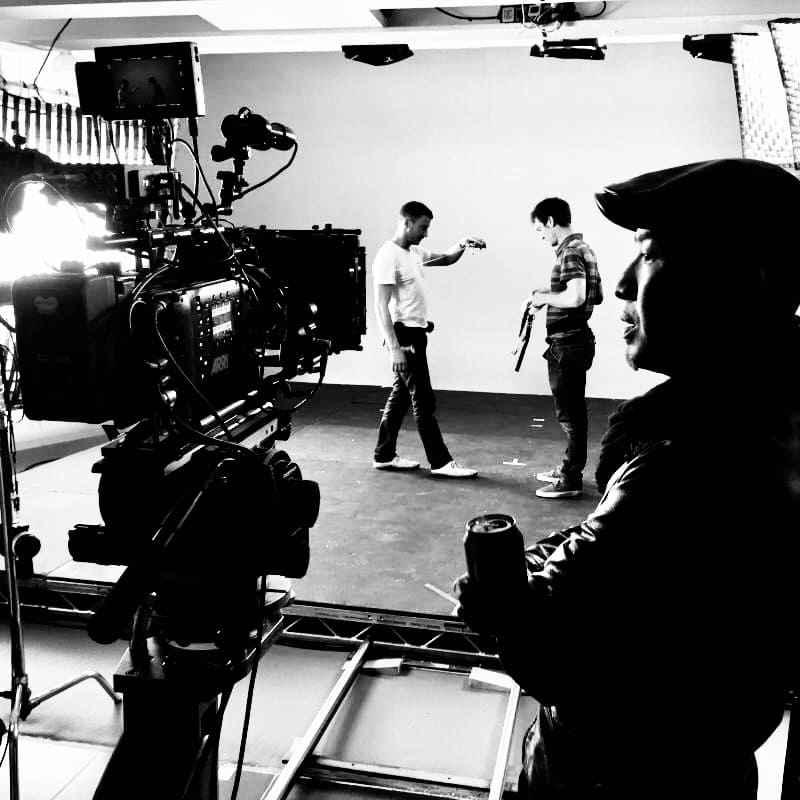
The visual language in your work is striking. What are some key influences—whether films, literature, or personal experiences—that shape your aesthetic approach?
Looking back, I’m grateful that my past has shaped who I am today, but I often wish I had spent more time studying. Maybe then, I’d be able to express myself more fluently and quickly, especially in writing, as Master Kurosawa Akira’s advice—’if you want to be a good director, be a good screenwriter’—has driven me to improve my storytelling skills.
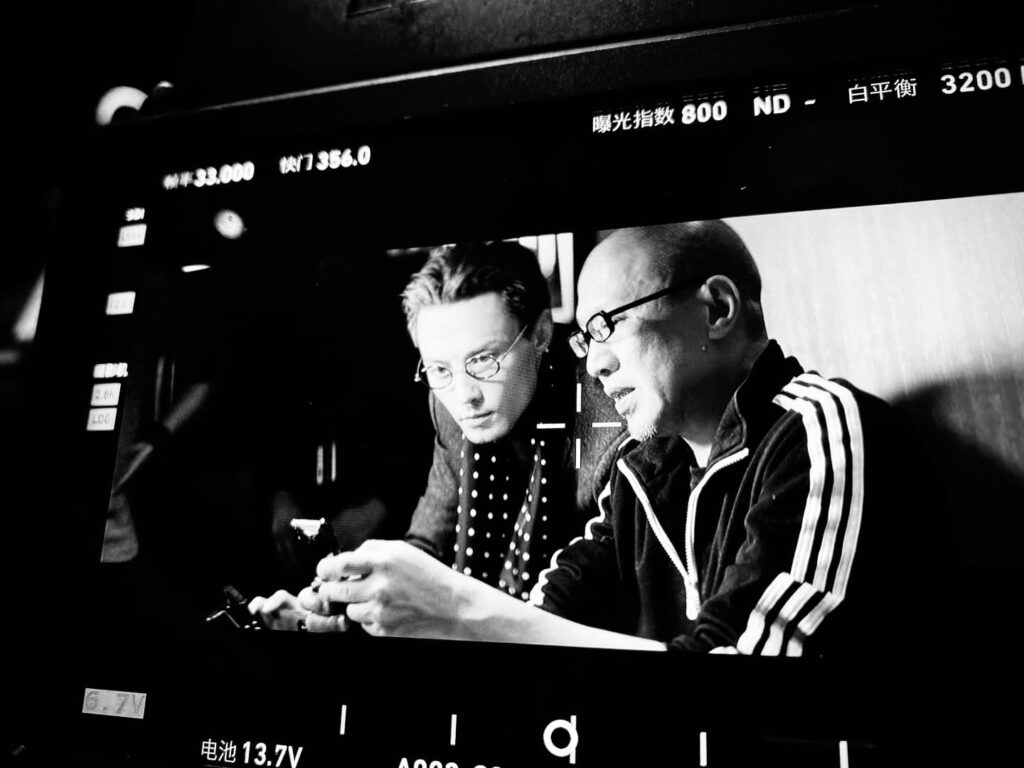
As an award-winning filmmaker, what advice would you give to emerging directors navigating the fast-evolving landscape of Asian and global cinema?
There are many types of award-winning filmmakers out there, each with their own style and advice, but as a writer-director myself, my suggestion to emerging filmmakers, especially writer-directors navigating the fast-evolving landscape of Asian and global cinema, is to master the art of decision-making. Directing requires a blend of creativity, leadership, and quick thinking. Beyond just being a storyteller, a director is constantly bombarded with questions throughout the filmmaking process. Quick, decisive, and cohesive decision-making is key.
Many directors, especially young ones, struggle to make clear decisions because they’re often trying to find answers to the wrong questions. The right question to ask is, “What’s the purpose of the shot?” This crucial step in mastering the craft is not commonly mentioned. It doesn’t just streamline your decision-making; it elevates the storytelling process, bringing depth and clarity to every frame. Since it takes practice to be good at it, I adopt it even when I write.
Mastering the art of asking the right questions is just one step on your journey to becoming a professional director. Embrace this approach, and you’ll bring greater depth and clarity to your storytelling.
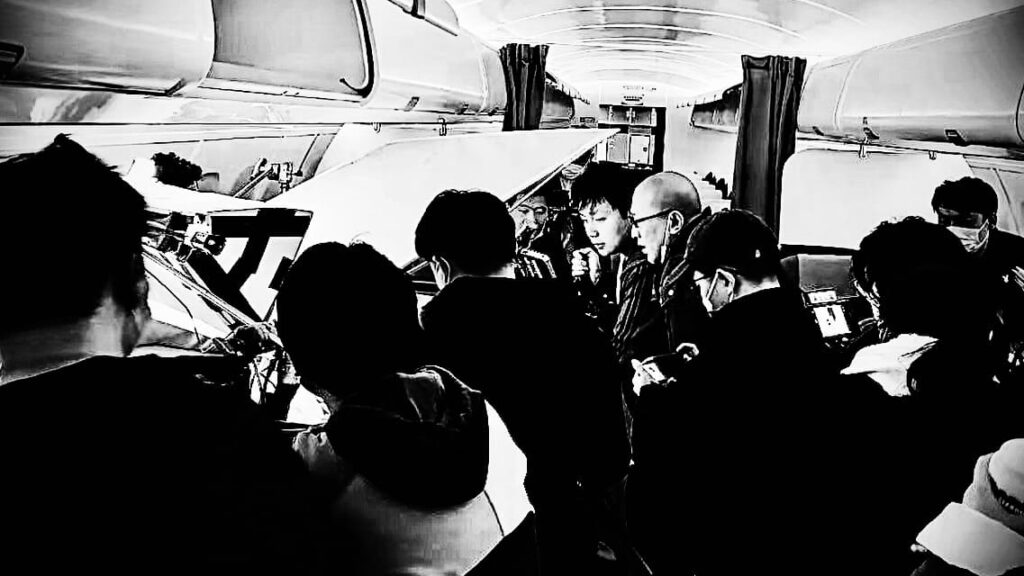
If you could craft a dream project, unbound by budget or constraints, what kind of story would you tell, and who would be your ideal collaborators?
There are many dream projects I have in mind, like “BREAKING FREE” and “THE ECLIPSED DESTINY” – a feature-length adaptation of “METEMPSYCHOSiS.” But if I could craft one unbound by budget or constraints, it would undoubtedly be “The Day the Music Died,” the feature-length adaptation of “Melodies of the Abyss,” a story inspired by a true event that shocked the world in the 90s. It tells the story of Kurt Cobain from a supernatural point of view, exploring “the one” behind his hauntingly complex life. This project aims to blend the emotional depth of a biopic with the intriguing elements of the supernatural, creating a visually compelling and thought-provoking narrative, which I am shooting in Australia this coming March.
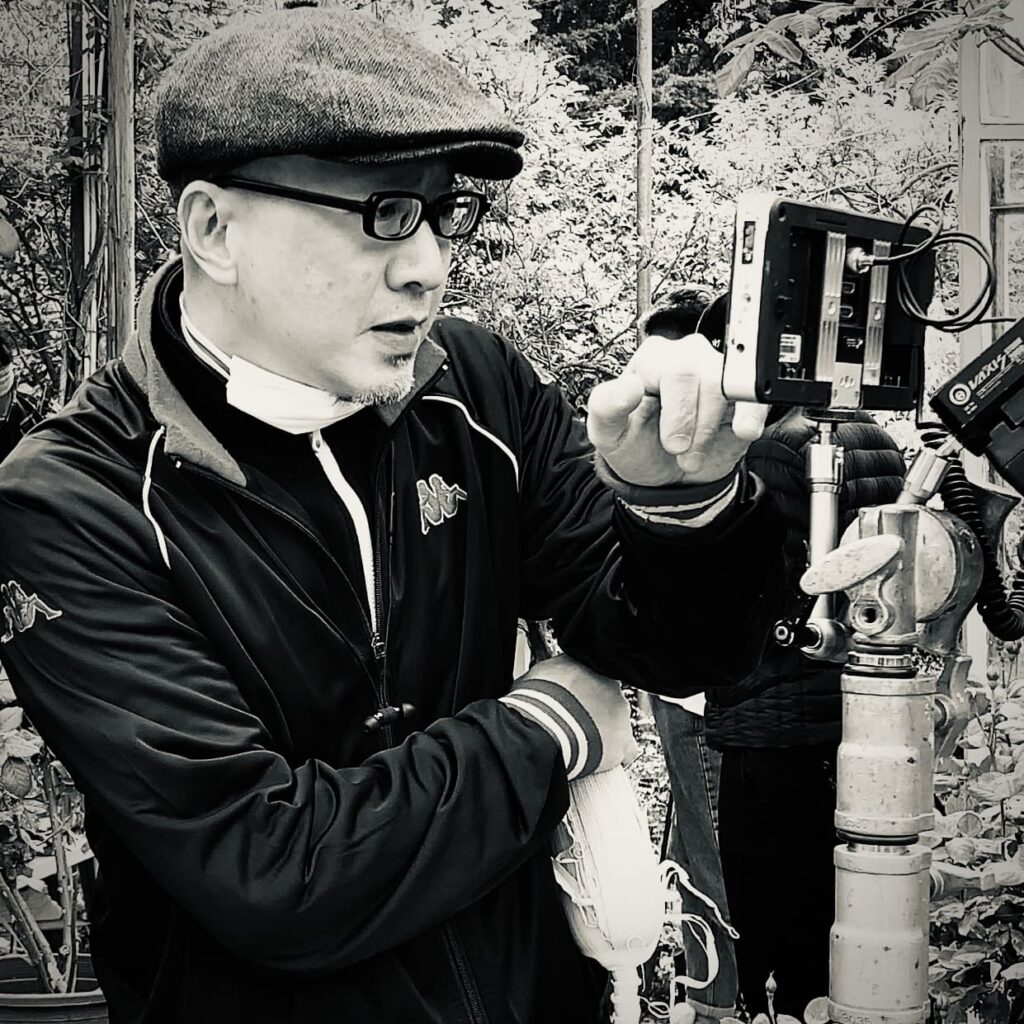

FilmmakerLife is proud to be a global team of dedicated professionals who are passionate about the world of filmmaking.